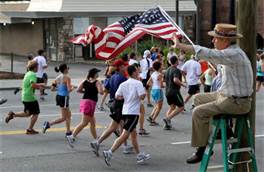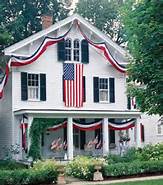The summer vacation is over! Every Fall, nearly 55 million children across the United States return to school. Many children will be on foot or using their bikes to either get to the bus stop or school grounds.
School days bring heavy road congestion with buses stopping to pick up students, children on bikes that are rushing to get to school before the tardy bell rings, and stressed out parents dropping kids off on their way work. Drivers must slow down and pay attention when children are present. The afternoon hours are particularly the most dangerous. Over the last 10 years, nearly one in four child pedestrian fatalities occurred between 3 p.m. and 7 p.m.
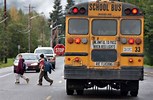
As children head back to school, here are some helpful reminders to drivers:
Slow Down and Obey School Zone Speed Limits 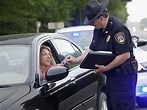
Speed limits in school zones are reduced for a reason. A pedestrian struck by a vehicle traveling at 25 mph is nearly two-thirds less likely to be killed compared to a pedestrian struck by a vehicle traveling just 10 mph faster. Fines for speeding in a school zone can be as high as $400.00
“No Passing”
This is a standard law, noted clearly in school zones, yet drivers regularly ignore it. Passing is not permitted in the 15 mph zone, no matter how slow another vehicle may be traveling. Passing doesn’t mean going around the vehicle. No passing means that your bumper cannot pass any other car’s bumper going in the same direction. Another important reminder, never pass a vehicle stopped for pedestrians.
Flashing Lights
In a school zone when there are flashing lights, drivers must stop and yield to pedestrians crossing the crosswalk or intersection.
Be Diligent
Watch for kids crossing the streets. Children are quick, often unpredictable, tend to ignore hazards and take risks. A student crossing the road unexpectedly or emerging suddenly between two parked cars could be tragic. Eliminating distractions such as talking on your cell phone, eating, etc. is also strongly encouraged. Never text and drive and follow all laws pertaining to school buses. Research shows that taking your eyes off the road for two seconds doubles your chances of crashing.
Stop
Come to a complete stop. Research shows that more than one-third of drivers roll through stop signs in neighborhoods and school zones. Check carefully for children on sidewalks and in crosswalks before proceeding. Always stop for a school crossing guard holding up a stop sign.
Crosswalks
Never block the crosswalk when stopped at a red light or waiting to make a turn. Pay special attention as you approach the intersection to avoid this as it forces pedestrians to go around you and this could place them in the path of moving traffic.
Reversing Concerns
Every vehicle has blind spots and children are small and may dart unexpectantly. Double-check for children walking on the sidewalk. In your own driveway, look all around your vehicle before backing up. Always back up slowly and teach your children to never play in, under or around vehicles. Also, discuss with them where to stand when a vehicle is reversing.
Watch for Bicycles
Young children on bikes can be unsteady, inexperienced, and most definitely unpredictable. Slow down and allow at least three feet of passing distance between your vehicle and a bicyclist. If your child rides a bicycle to school, require that he or she wear a bicycle helmet on every ride and map out a safe route with details on what to avoid and how to navigate their route.
Bus Safety
According to the National Safety Council, most of the children who lose their lives in bus-related incidents are between the ages 4 to 7 years old, and they’re walking. They are either hit by the bus, or a motorist illegally passing a stopped bus. When the school bus has initiated the stop sign, all drivers must stop in both directions. It is illegal in all 50 states to pass a school bus that is stopped to load or unload children and sadly we see news stories regularly of impatient drivers who race by a bus unloading young children. Obeying all road rules is imperative for student safety. It is also costly for a ticket, costing as much as $1000.00 in Georgia for the first offense.
The information posted was obtained at https://theumphx.com/2019/08/05/back-to-school-safety-reminder-drivers-watch-out-for-the-kids/





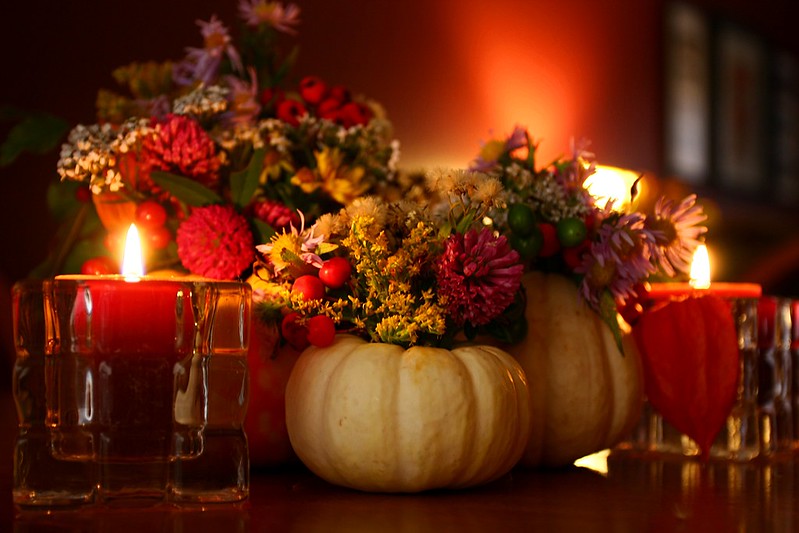



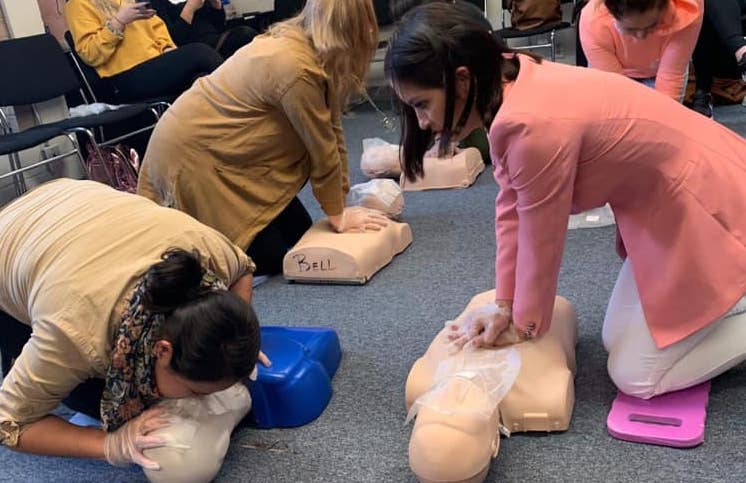
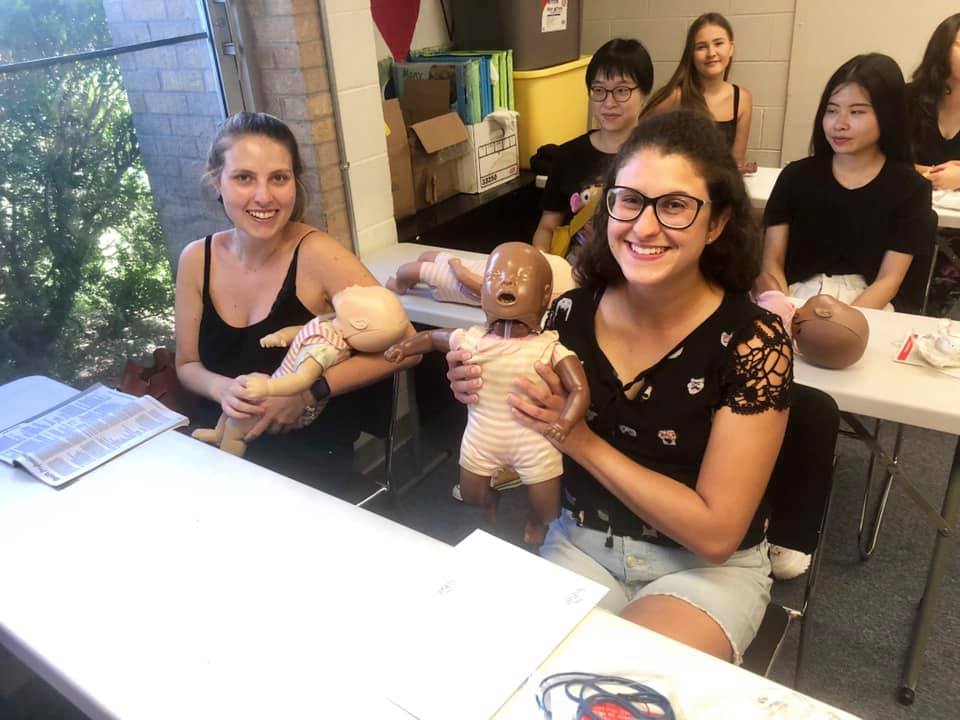 Classes are available through the Red Cross. Au Pair in America will pay for the cost of a class providing an au pair has at least six months left on her visa and is taking one of several approved childcare/child safety-related classes, such as Adult and Pediatric First Aid/CPR/AED. Au pairs should check with their community counselor and host family before signing up. Au Pair in America will register the au pair directly.
Classes are available through the Red Cross. Au Pair in America will pay for the cost of a class providing an au pair has at least six months left on her visa and is taking one of several approved childcare/child safety-related classes, such as Adult and Pediatric First Aid/CPR/AED. Au pairs should check with their community counselor and host family before signing up. Au Pair in America will register the au pair directly. Almost everyone experiences culture shock when they come to a completely new environment. Everything is different: the language, the food, and the people.
Almost everyone experiences culture shock when they come to a completely new environment. Everything is different: the language, the food, and the people.




